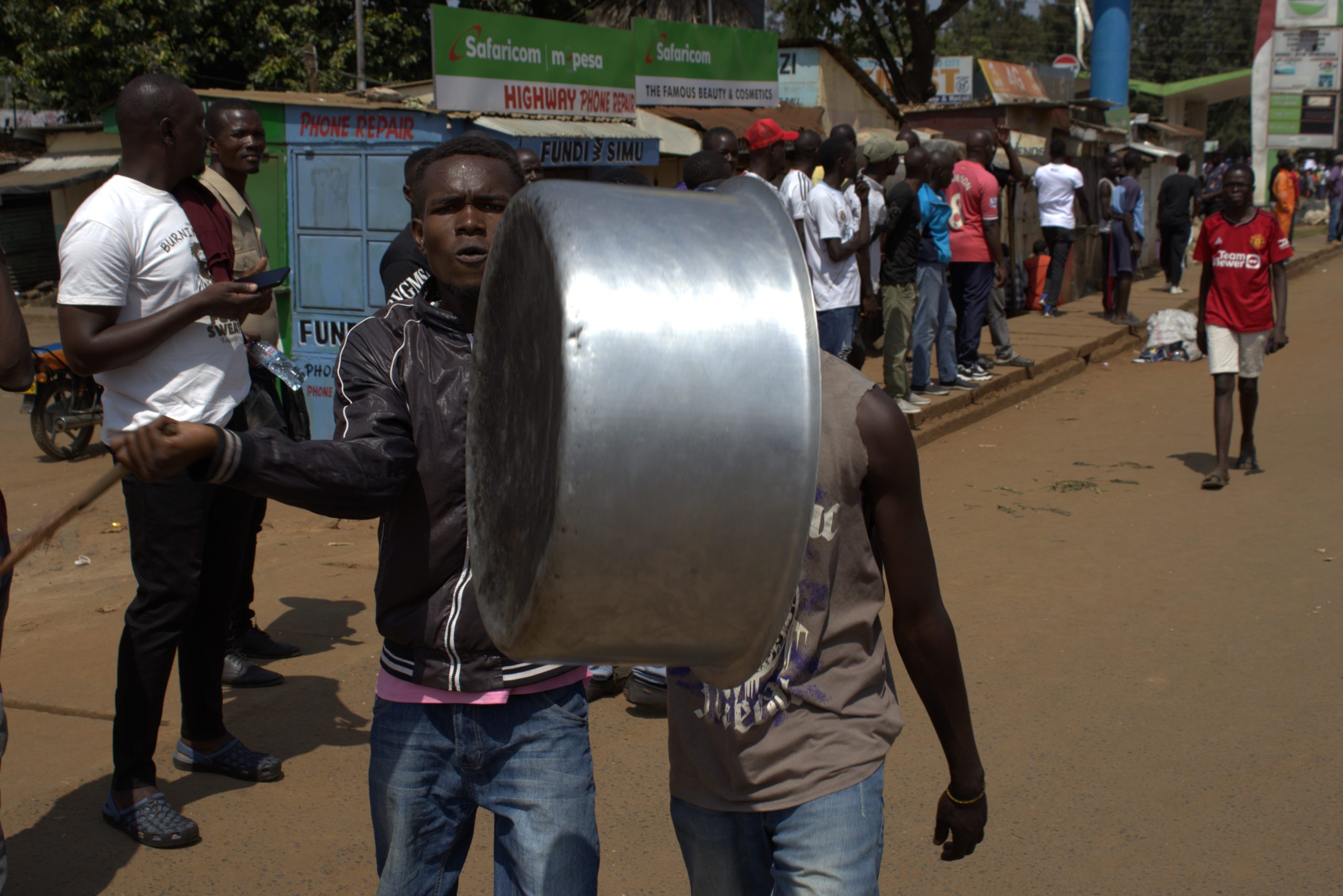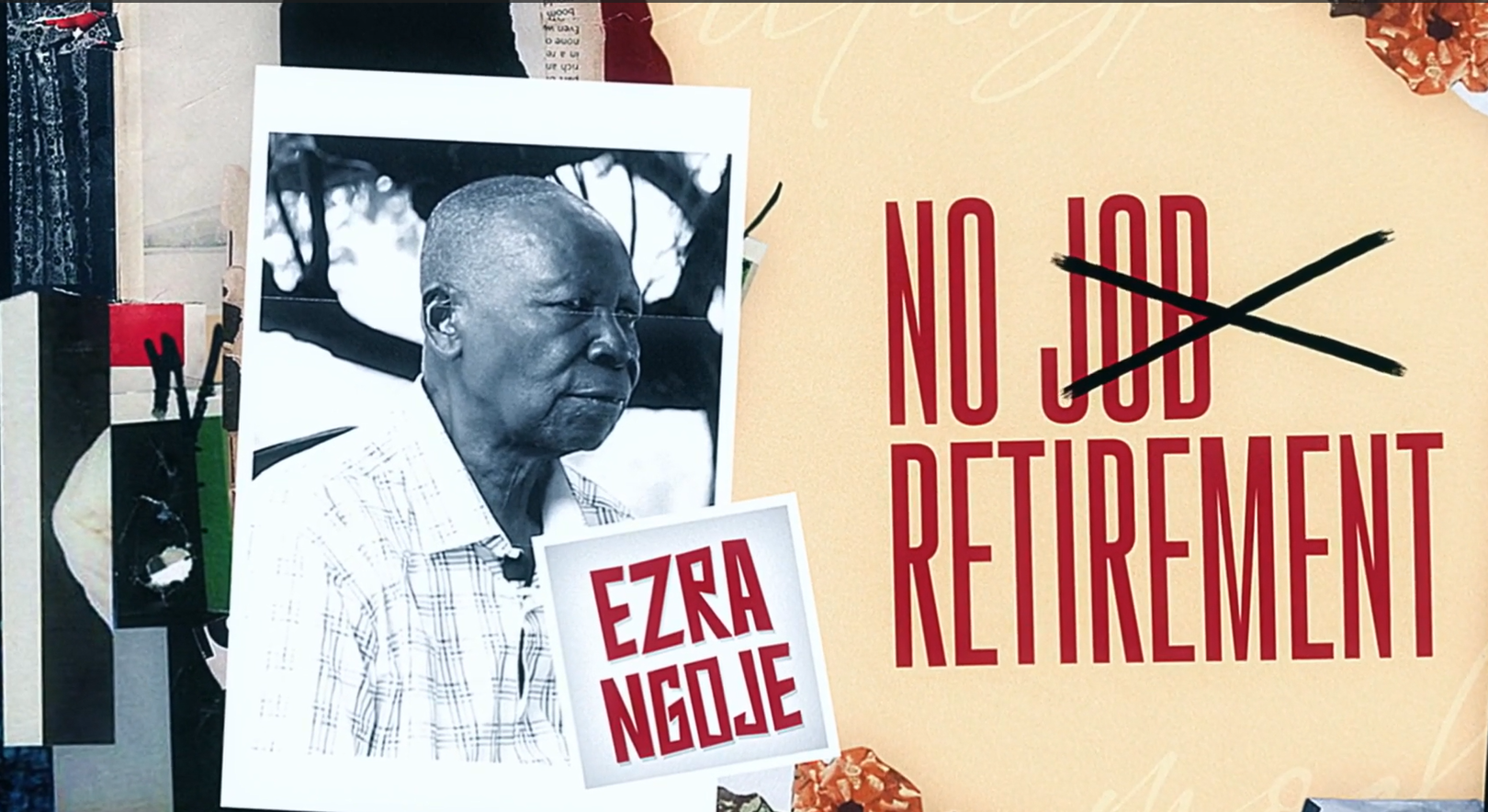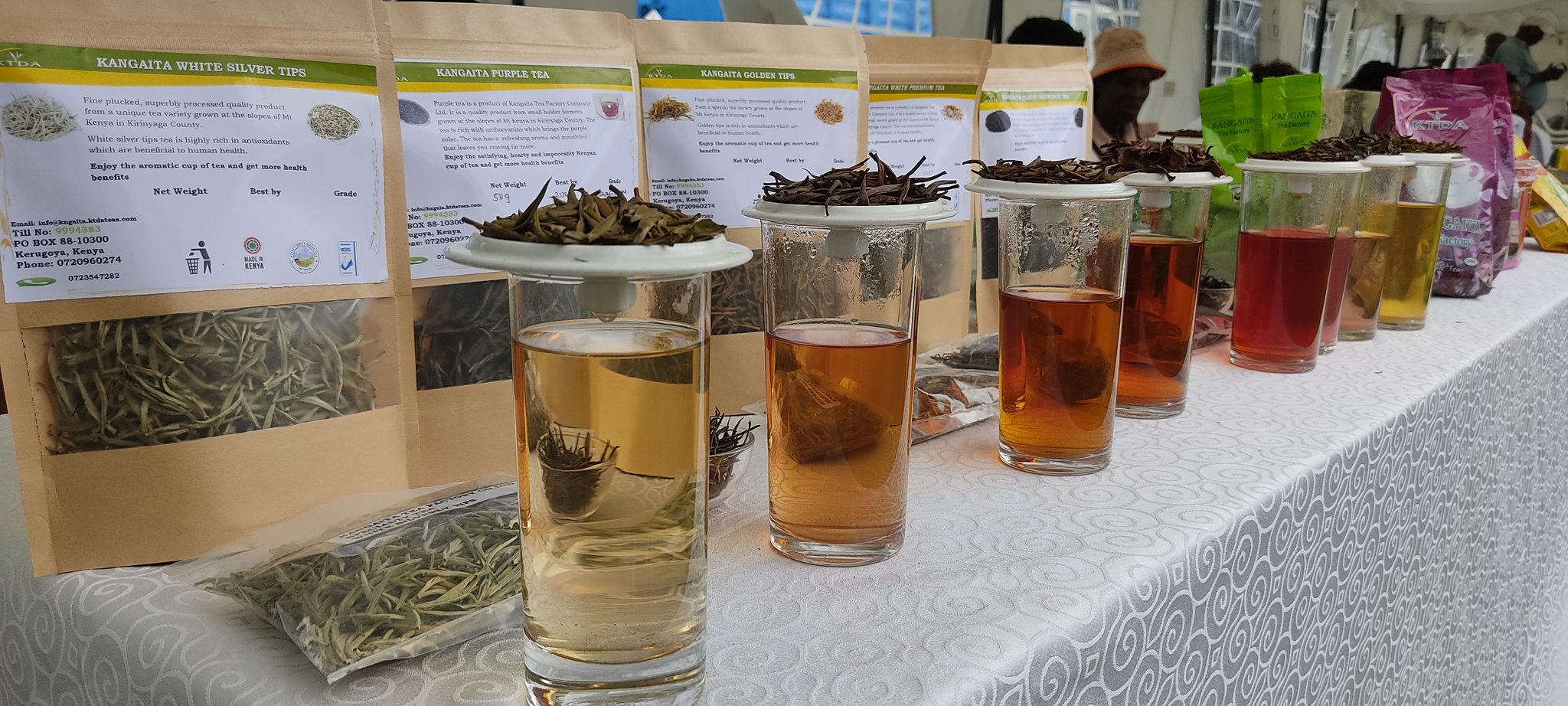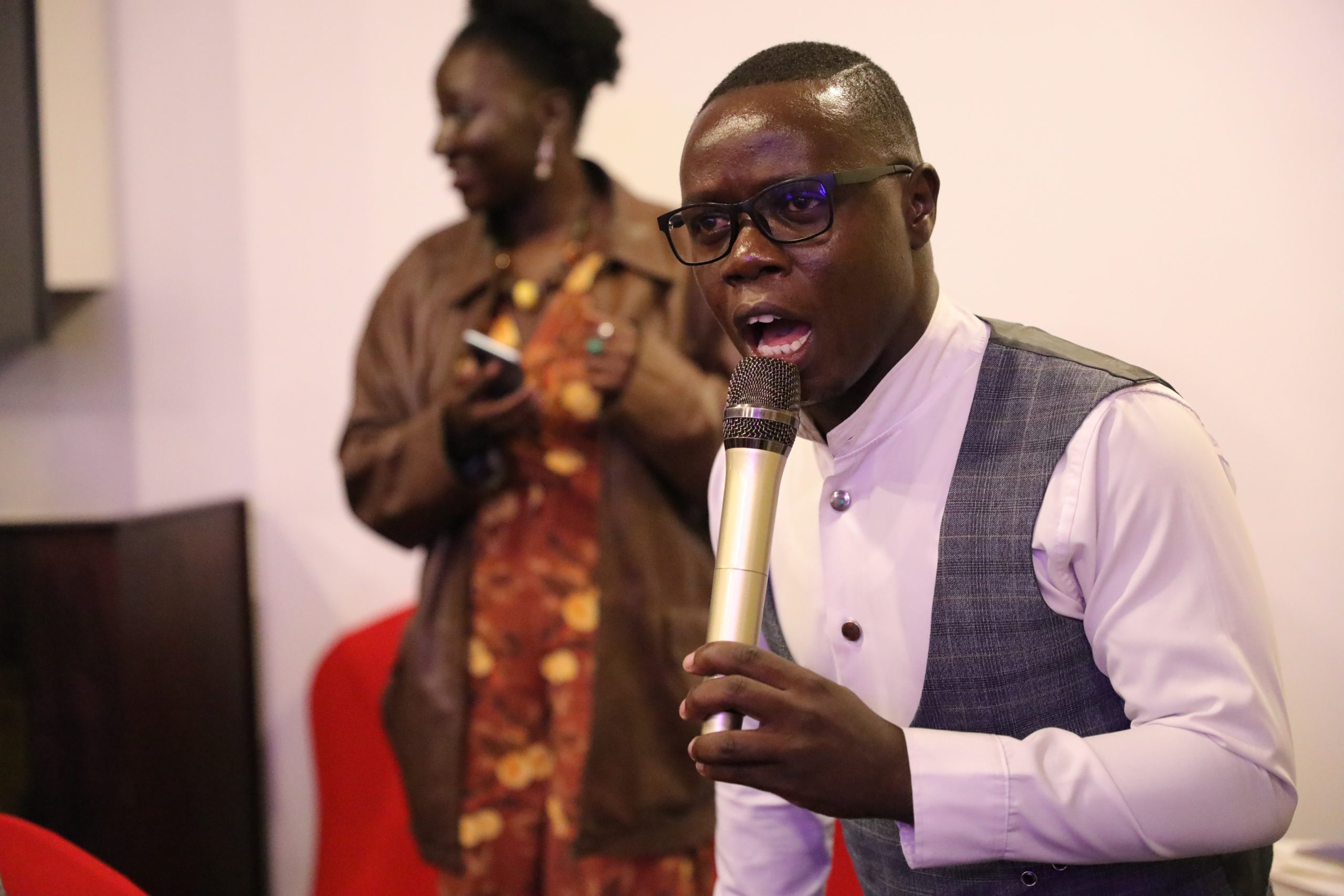Rwanda is a small country, the smallest in East Africa if you compare it to Kenya, Uganda, Tanzania. That is the feeling I got when I detoured the region over the past few months. You could feel the smallness of 16 million people huddled over hills that will be the striking difference with Kenya and its many people.
I learned that besides the Hutus, the Tutsis tribes that we all know about Rwanda, there is another -ka small tribe called the Tua. But for an observer, you would not know the difference, they are all the same. There are just like one tribe, as a stranger you cannot tell who is who because no one will tell you, ‘I am a Tutsi, or Hutu or Tua and then they speak the same language.

Nation over ethnicity
It sounds like dialects, you can compare with us Luhyas with our subtribes like the Mnyala, Musamia and Muhayo. You know, generally when people are in the same place, they will speak in luhya and all of them understand each other. But I figured they could tell each other apart, the way they pronounce words, those subtle differences and what have you.
But generally you can say they speak one language that is Kinyarwanda, and Kiswahili iko, they speak in Kiswahili and they also speak in English now.
In fact, I discovered the Rwandese find questions on tribe very offensive. You cannot ask someone their ethnic identity, you cannot say that is a Luo, a Kikuyu or anything of that sort in Rwanda, everybody is a Rwandese. You cannot refer to somebody by their ethnic group, a very serious offence that can land you in jail.
Does food cross borders?
I came to figure that the Rwandese really eat a lot of waru– Irish potatoes, they also eat a lot of dodo– amaranth, which is the equivalent of our Sukuma– kales in Kenya. For the duration I spent there, I did not see any Sukuma, not in any market nor on any table.

If you visit some homestead, here in Kenya you’ll get a patch of shamba with Sukuma, you’ll get the same practice in Rwanda but cultivating dodo instead.
Their main dish is dodo, waru and maharagwe-beans. You’ll mingle with a lot of beans in different servings. They also eat a lot of pasta, and as we call it spaghetti, they call it macaroni. And cabbage? Haaa, they eat that thing a lot.
They also drink a lot of milk because they also believe in cows. A Cow is a very serious traditional icon. They drink a lot of milk and have very good cow breeds.
Ugali mboga from one plant
Then there is something also I ate in Rwanda. They call it Sombe.
All my life seeing mwogo– cassava I have never imagined its leaves are edible. There’s a way the Rwandese prepare it, the Sombe. I do not know if they take the mwogo leaves and blend them first because it comes mashed together. Truth be told, when it is served, that thing ni tamu sana- very tasty.
You cannot believe matawi ya mwogo, something we throw away as we harvest the tubers for food and stems for seed can be that good.

And then they have something called Bugali, their version of our ugali. But Bugali is more specific, it is not just maize meal, it is ugali wa mwogo, achwada! And unlike in Kenya where we mix it with maize or sorghum, their Bugali is purely mwogo, so it looks yellowish, creamish.
Bugali is their main starch, but they also have our version of Ugali which they call kaunga. So when you are at a restaurant you have to be specific.
If you come from Kenya, and you order ugali na mboga or Ugali with meat. They ask you, do you need Bugali? They will tell you, here we have Kaunga and Bugali. So which one do you want? So it is until they explain for you, you will know, ideally.
They also do a lot of chili, everywhere you at least you find chili on the table.
Eating culture
One thing I observed during my visit with cultural significance was the way they had their meals. Take for instance If I go to my in-laws just for a visit, not the ceremonial dowries, just an informal dinner.

Read also: Travelling through Kisumu, beware trailers falling from the sky
Let me give an example relatable to my culture, lets say I am headed to Busia and my wife’s family comes from Yala, so I could make a stopover to greet them. Then maybe you are served food, your father-in-law will get up and leave.
When I inquired, I was told that a father-in-law should not see the son-in-law when he is eating, he would rather eat in another room but cannot dine together.
Friendly People
I found that the Rwandese are very welcoming people, they are also very warm. Whether they know you, they don’t know you.
If you go somewhere, you just talk with people. If you’re talking to someone they speak as if they have known you all their lives and yet you have just met, for the first time.
The interaction feels deeper even when you are a total stranger, which is so unlike in Kenya, where you can even greet someone and they just ignore you just because they do not know you.
For example here in Kenya when you greet a girl as a stranger she might just ignore you, or she might answer in passing and rush off, yet maybe you wanted to ask for directions. But in her mind she is just suspicious of your intentions.
But in Rwanda, you see, there is no such thing. You can call anyone, anywhere, that person will come and listen to you regardless of whether they are women or men.
I mean, those people are warm, they seem to understand that people are about helping each other, they have that Ubuntu- we are one. There is where President Paul Kagame did something very good.
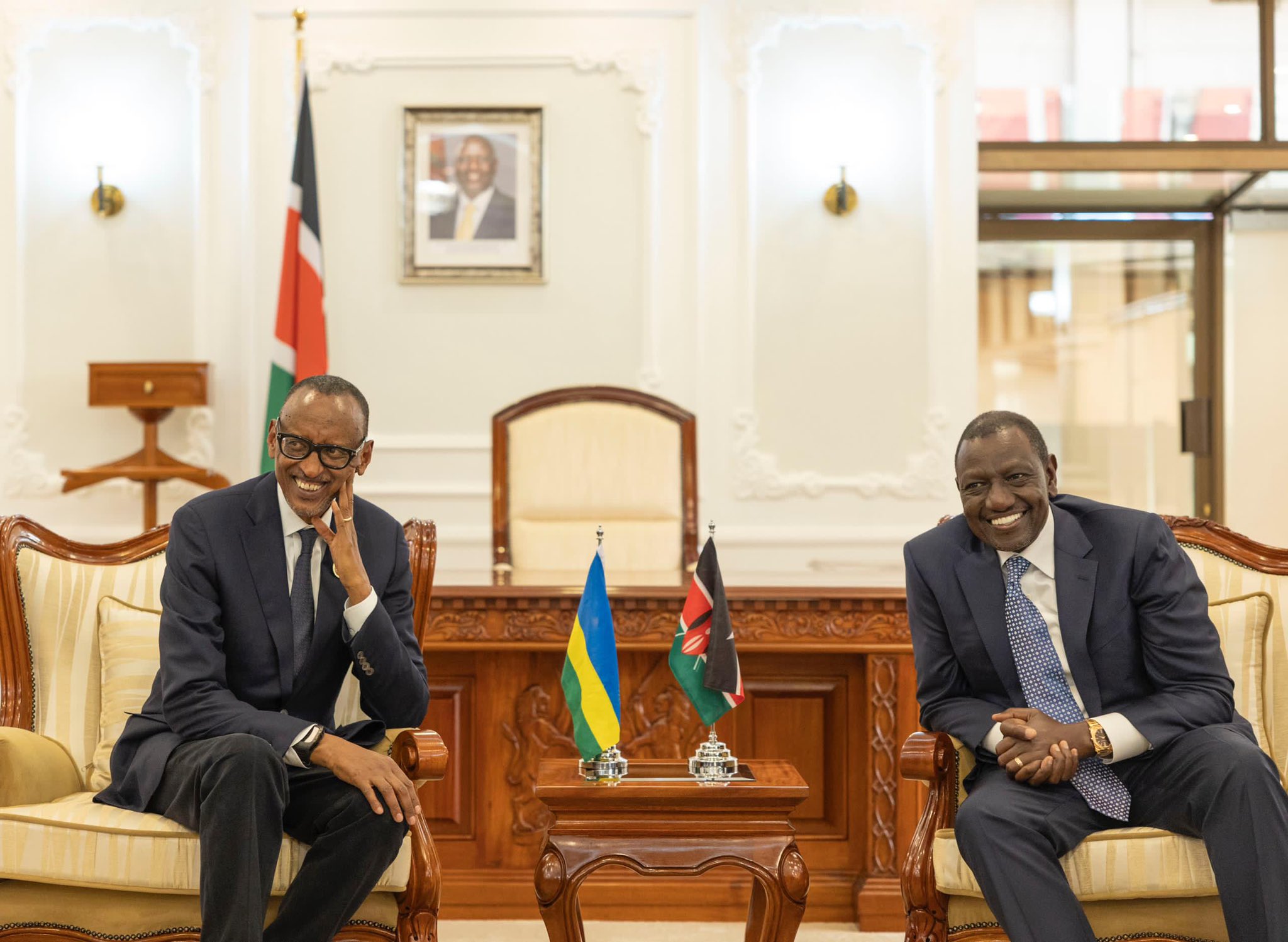
He united his people and he gave them a mentality, everybody is your brother, everybody is your sister. So, those people are very welcoming, very warm. They are good people to be with. There is no such thing as, this person doesn’t know you. You understand?
Which is very, very different from here in Kenya where everyone regards everyone with suspicion. When you greet someone they may answer but are looking at you with an expression of lingering question marks.
So that is something very different I noticed on my trip to Rwanda, they treated you warmly like they seemed to understand anybody can be of importance. It was a very good country that you can wish to go there, you can even wish to find another home there.
Read also: Part 2: Why Rwandese speak in tongues
Discover more from Orals East Africa
Subscribe to get the latest posts sent to your email.

